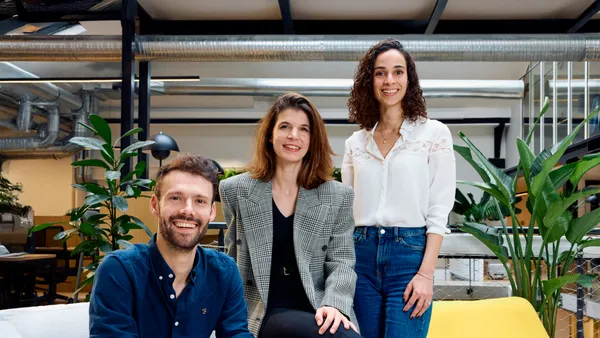 Learn how the 2025 Growth Academy: AI for Health cohort is building the next generation of healthcare solutions.
Learn how the 2025 Growth Academy: AI for Health cohort is building the next generation of healthcare solutions.
25 startups using AI to transform healthcare
 Learn how the 2025 Growth Academy: AI for Health cohort is building the next generation of healthcare solutions.
Learn how the 2025 Growth Academy: AI for Health cohort is building the next generation of healthcare solutions.
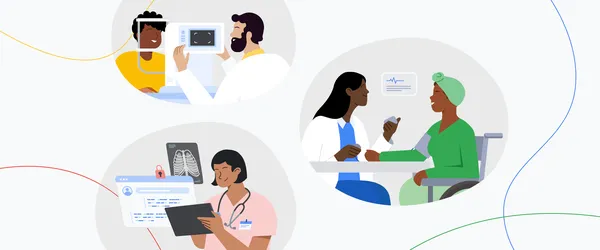 At The Check Up, we unveil how we’re using AI to reshape what’s possible in health and help people live healthier lives.
At The Check Up, we unveil how we’re using AI to reshape what’s possible in health and help people live healthier lives.
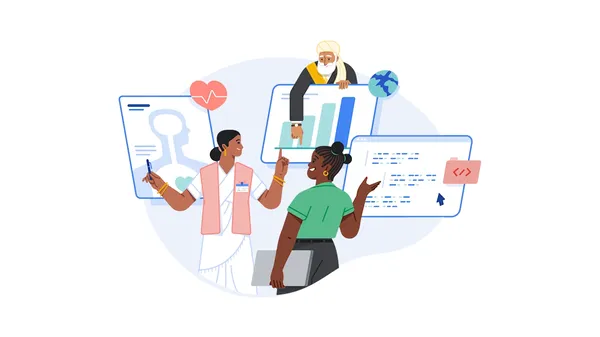 Technology like AI is changing the ways we prevent, diagnose and treat diseases to make healthcare more accessible and human, putting people at the heart of innovation.T…
Technology like AI is changing the ways we prevent, diagnose and treat diseases to make healthcare more accessible and human, putting people at the heart of innovation.T…
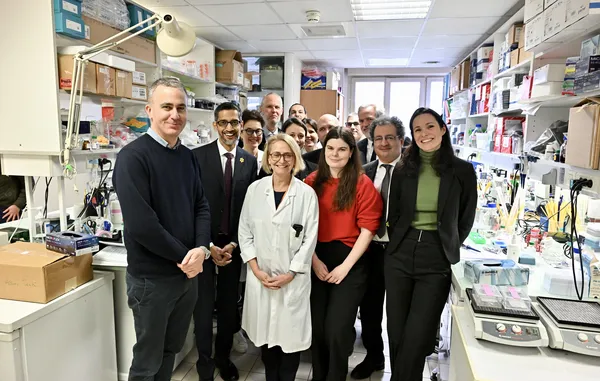 Google and Institut Curie are embarking on a journey together to revolutionize the fight against women’s cancers.
Google and Institut Curie are embarking on a journey together to revolutionize the fight against women’s cancers.
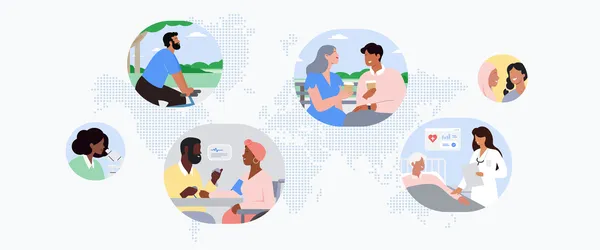 Learn about Google's four-pillar health strategy aimed at improving global health.
Learn about Google's four-pillar health strategy aimed at improving global health.
 Learn how startups in Growth Academy: AI for Health program are leveraging tech to improve access to care, personalize treatment, and enhance the effectiveness of therap…
Learn how startups in Growth Academy: AI for Health program are leveraging tech to improve access to care, personalize treatment, and enhance the effectiveness of therap…